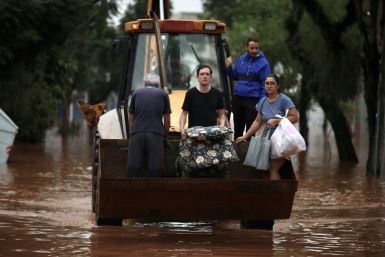SFFA: National Food Plan too Hasty
The public has only been given a month to comment on an issues paper guiding the formation of a much-needed national food plan - a period which is inadequate and must be extended, according to advocacy group the Sydney Food Fairness Alliance (SFFA).
The Alliance, a network which describes itself as "advocating for a socially, economically and environmentally sustainable food system in the Sydney region and beyond", said it will be making a submission by the August 5 deadline but says the issues paper has not been well-publicised and some groups may not be able to meet the submissions deadline.
"We welcome the fact that the Federal Government is now looking at these issues and the very broad cross-portfolio approach being espoused but the one-month submission period is grossly inadequate," says SFFA President Elizabeth Millen. "The complex and challenging issues of providing for food security at a time of rapid population growth and climate change is something we all need to talk about - not just the groups that regularly make submissions on these issues.
"In Scotland for example the formulation of a food plan was preceded by an inclusive National Food Debate that took many months and featured numerous public meetings.
"Food security and access issues will be increasingly on the agenda as climate change and rising costs of finite resources such as oil, nitrogen and water result in rising food prices," Ms Millen says.
"It is imperative to protect Sydney's market gardens to guarantee access to low-cost, fresh food and stop the increase in preventable diseases such as diabetes - that has much higher prevalence in low socioeconomic areas, new research shows.
"As well, there are concerns about urban sprawl, mining and coal seam gas fracking on prime agricultural land. Australia may have a lot of space but the challenge is keeping local food-producing lands in Australian hands and producing a variety of healthy foods, not just broad acre crops for export," said Millen.
"Further, the implications of free trade negotiations must be discussed - farmers and consumers need assurance that Australia will not become a dumping ground for heavily subsidised low quality food."






